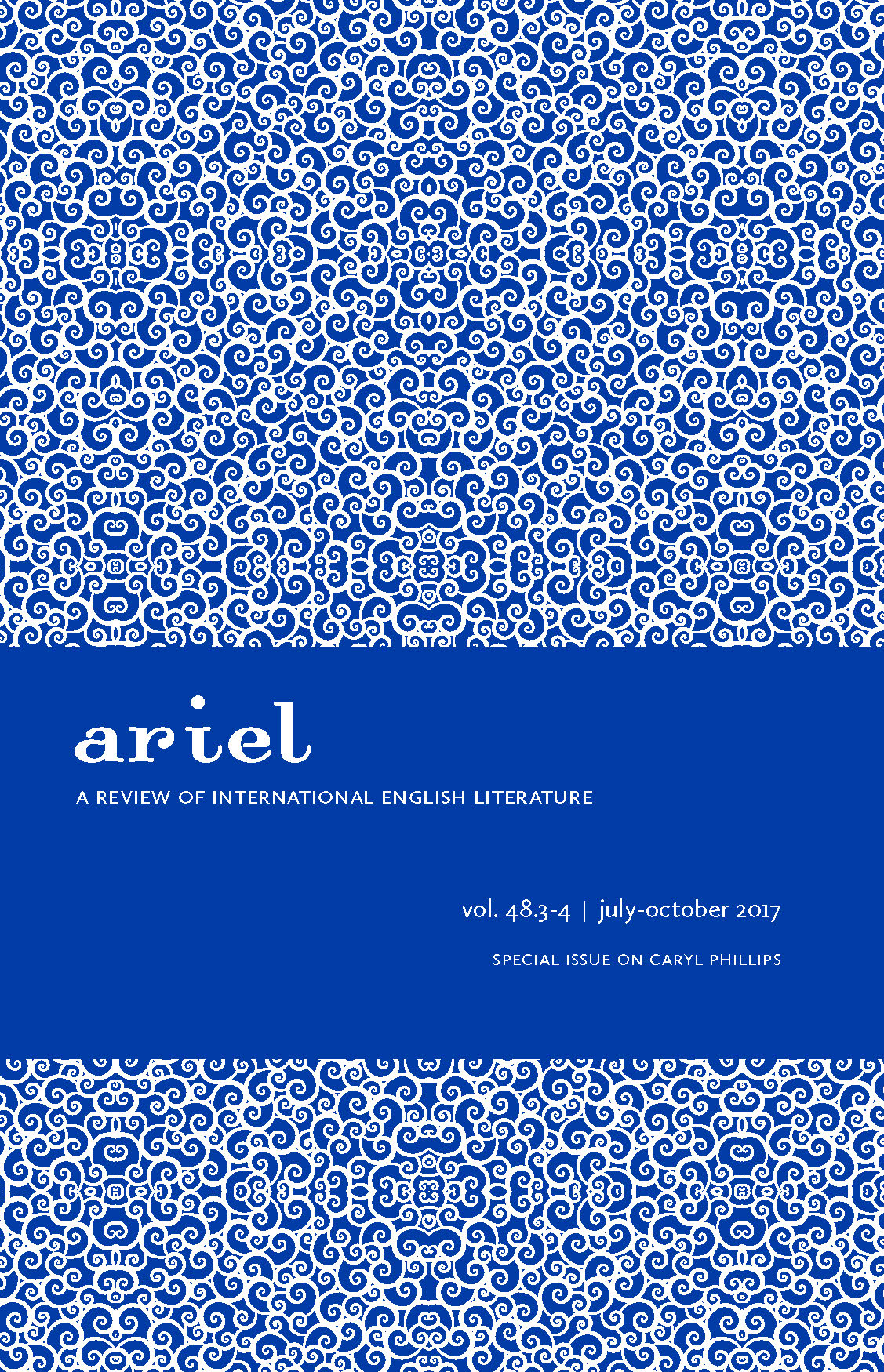Playing Home: The Boy in the Mirror as Sportswriter
Keywords:
Caryl Phillips, sport, racism, belonging, homeAbstract
Caryl Phillips is widely regarded as one of the leading writers of his generation, and arguably Britain’s foremost black novelist alive today. Much has been written on the significant periods that shaped Phillips’s work such as his migration to Britain in the late 1950s, his upbringing in a working-class area of Leeds and subsequent education at Oxford University, and, latterly, his move to the United States of America. However, surprisingly few accounts have directly focused on the impact of sport on Phillips’s work or even his own writings on sport. In this essay I seek to rectify this imbalance. I examine Phillips’s significant contributions to understanding the significance and meanings of sport, particularly his screenplay Playing Away as well as his essays on Leeds United Football Club reprinted in texts such as A New World Order, and the importance of sport to his own development as a writer. I argue that, despite the neglect of his varied sports writing by most critics, such excursions onto the playing fields are far from marginal to his intellectual and literary formation. I suggest that reclaiming Phillips as a sportswriter allows us to better see how sport is central to his understandings of (national) belonging, (racial) identification and (social) rejection, of the entanglements of race, class and gender, as well as to his mediations on diaspora and “home”. In this regard, I draw out comparisons between Phillips and that other great Caribbean “man of letters” C.L.R. James for whom sport, and in particular cricket, also provided a window onto the world. I conclude by arguing for Phillips to be understood as a critical sportswriter who expands our understandings of the cultural politics of play and sport, and therefore of how we might better understand the notion of “home”.


